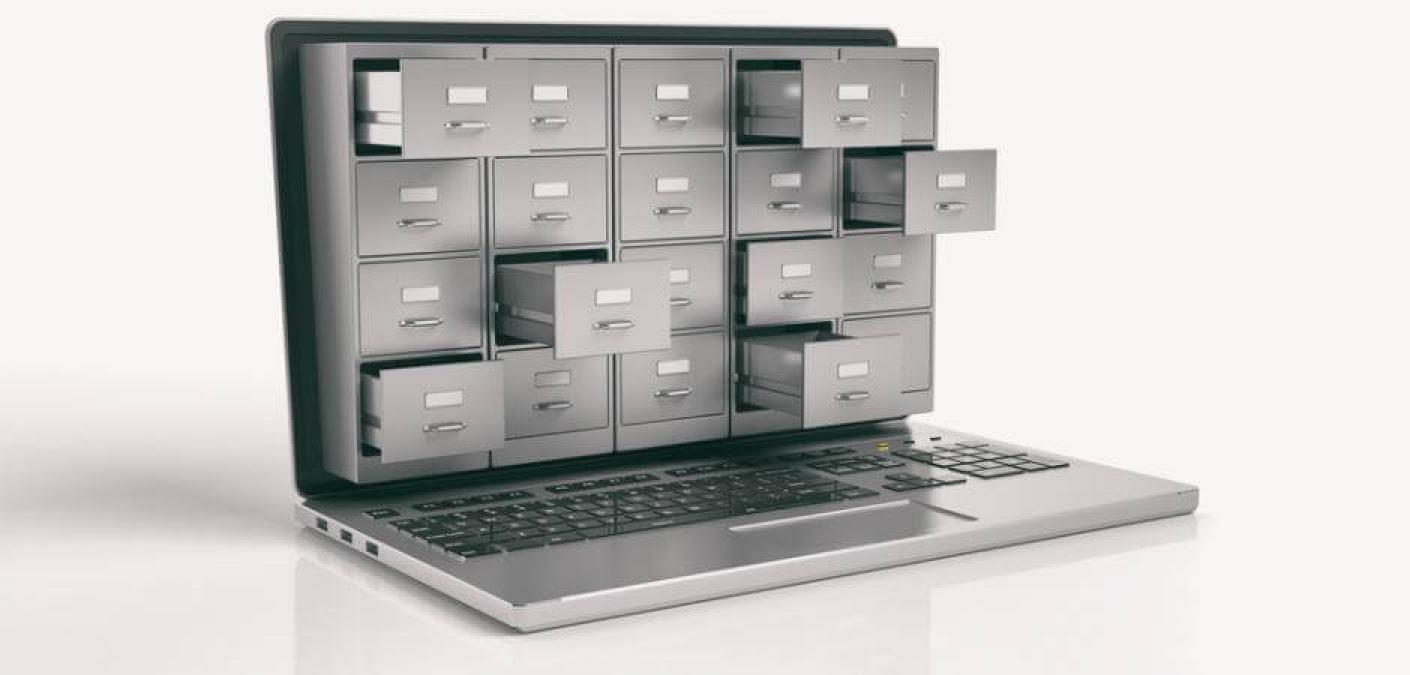2019 Trends in Business Communication Archiving

The concept of archiving has existed for as long as information itself. What has changed though is how we define what information is worthy of being archived. While archives were once limited in scope, their purpose today is generally to hold as much information as possible.
A good example of this is social media data. Huge numbers of business-related conversations take place on various cloud and social platforms every day. And even though these platforms seem like casual environments, many of those conversations are in fact considered regulated interactions. Capturing and storing them in an archive is the law, and that process can be complex.
It’s likely to become even trickier, with the CEO of the Financial Industry Regulatory Authority (FINRA) signaling that tougher data protection and disclosure requirements are coming. A larger number of records and file formats will need to enter archives by the end of 2019, and they will need to be kept longer. These archives will also need to be more secure and auditable in order to maintain compliance.
Companies are making difficult choices in expectation of these new regulations. Either they will have to improve their archiving capabilities, or they will need to stop using communication channels that can be difficult or expensive to bring into compliance. Choosing one over the other is not easy; it’s also not necessary.
Why Communication Is a Customer Service
Digital communications have evolved to facilitate the way people exchange information: Texts are for quick messages, email is for instant exchanges, LinkedIn is for professional updates, and chats are for ongoing conversations. Each type of outreach has a specific digital channel designed just for it.
For this reason, digital communications have become an essential business tool. Within an office, they are vital for communication and collaboration. More importantly, they are instrumental for connecting with customers outside of the office. Today’s customers and clients don’t want to be limited to sending a fax or making a call within business hours. They want to send and receive information effortlessly and on-demand, especially in time-sensitive industries like finance.
Meeting this expectation makes it impossible to cut off digital communication channels. Taking this step may relieve some compliance burden, but it creates a lot of discontent in the process. Just imagine asking everyone you work with to stop sending texts and to stay off all social media: In 2019 it’s inconceivable and unacceptable. Customers agree, which means effective archiving is the only choice.
The Elements of an Effective Archive
Having an archive in place is important, but that isn’t enough on its own to satisfy regulators and avoid every possible issue. Financial firms need these elements in order for archives to be confident and consistent:
- Automatic updating: Creating an archive is difficult, but keeping it updated regularly with all new and relevant information is much harder. The update process should be automated as much as possible so that managing an archive does not become an unsustainable drain on resources.
- Refined eDiscovery: Disclosing information is a delicate process. It’s important to provide everything required but nothing more, which necessitates collecting all information in one place and pulling from it very selectively. An advanced eDiscovery process makes it easy to segment very specific pieces of information instead of turning over an entire archive.
- Information agnosticism: Data can be relevant for regulatory, legal, strategic, or other reasons, and there is no telling what could be important. Good archives allow firms to incorporate data from any source imaginable regardless of what file format it’s in. The broader the scope, the less likely that information will be arbitrarily excluded.
- Cloud-Based: The cloud is flexible and scalable by definition, making it ideally suited to growing and evolving archives. Plus, the cybersecurity that is built into the cloud is essential for protecting large data sets and meeting regulatory requirements.
Financial firms that can’t store information effectively will face fines, fees, lawsuits, and PR backlash. As archiving becomes an ever-bigger priority, those consequences will only multiply. Luckily, Zix provides a solution that is accessible to all and ready for immediate implementation.
